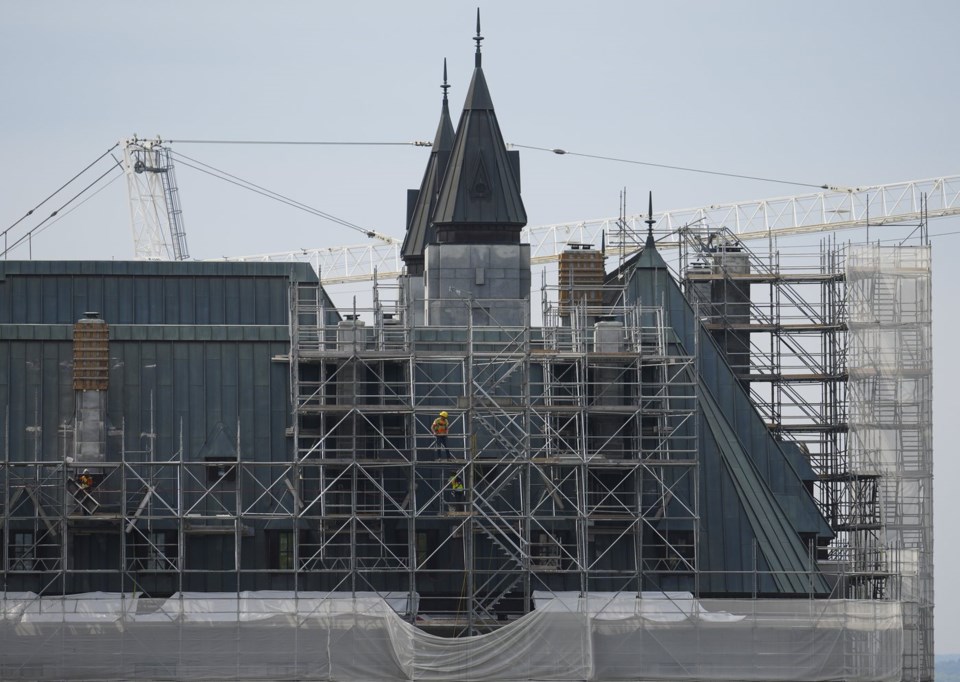OTTAWA — A change to the law that limited the right of an accused person to a preliminary inquiry does not apply to some ongoing cases, the Supreme Court of Canada has ruled.
The top court's decision Friday helps clarify who is eligible for a preliminary inquiry — a judicial hearing to see if there is enough evidence for a trial — in light of a 2019 amendment to the criminal law.
In September 2019, a Criminal Code change abolished the right to a preliminary inquiry for an accused charged with an indictable offence punishable by less than 14 years in prison.
The government said the amendment would free up time and resources in provincial courts, while alleviating the burden on some witnesses and victims by preventing them from having to testify twice in cases.
After the change, there was disagreement among judges across the country about the circumstances under which someone charged with an offence before the amendment came into force would be eligible for a preliminary inquiry.
In its decision, the Supreme Court said a preliminary inquiry is available when an accused person could actually face 14 or more years behind bars.
The top court said a preliminary inquiry is also possible in some ongoing cases involving events that occurred before the 2019 change.
The court's pronouncements came in the separate cases of two men accused of sexual offences punishable by a maximum of 10 years in prison when the crimes allegedly took place, long before the September 2019 amendment.
However, both requested a preliminary inquiry only after the 2019 change to the law.
The issue worked its way through the Quebec courts, with the province's Court of Appeal concluding the amendment did not apply to the two men and that preliminary inquiries should take place.
The Crown then requested a hearing at the Supreme Court.
Five of the top court's nine judges agreed the previous version of the law applied in these particular cases, meaning the men were entitled to preliminary inquiries.
The majority provided three sets of reasons for that conclusion.
In her reasons, Justice Sheilah Martin said where the alleged offence date is prior to September 2019, an accused who would have been eligible for a preliminary inquiry but for the amendment "remains eligible, regardless of the applicable maximum punishment."
The Canadian Civil Liberties Association, an intervener in the case, had noted in a written submission to the court that preliminary hearings can be used to screen out meritless allegations.
"This protective function is provided by the fact that an accused will be discharged after a preliminary hearing, at an early stage of the proceedings, if there is insufficient evidence to justify a prosecution."
Cases involving charges laid many years after the offence was allegedly committed present unique challenges to accused people, the association added.
"Evidence relating to the offence, and necessary to marshal a defence, can with the passage of time become lost, or can be rendered increasingly difficult to uncover. Memories fade, accounts become vague, witnesses die or become hard to track down," the association said.
"In such cases, preliminary hearings become the vehicle through which the accused gains the power to subpoena witnesses, to ask questions to the investigators, the Crown's witnesses, and potential defence witnesses, and to uncover potentially critical and previously undisclosed evidence."
This report by The Canadian Press was first published Nov. 1, 2024.
Jim Bronskill, The Canadian Press




